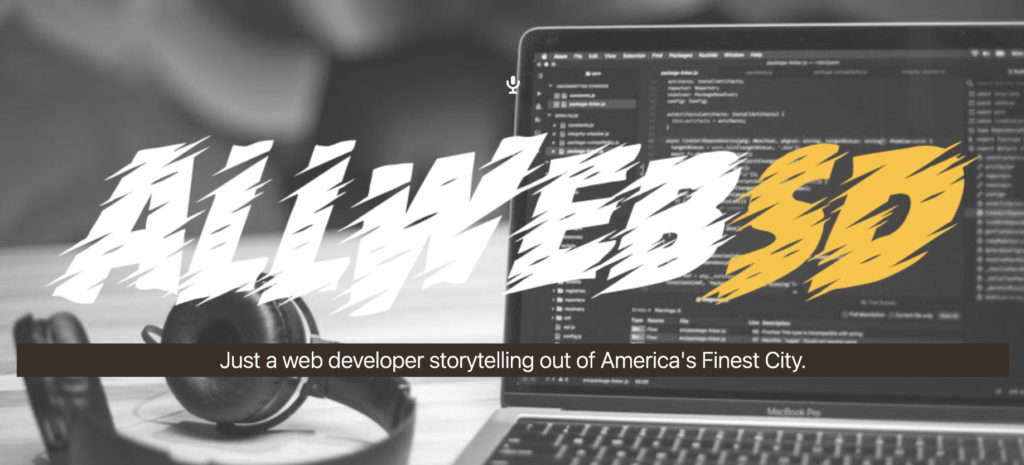Introduction
Coding is hard. And if you aren’t careful, it’ll suck you down a rabbit hole costing you the chance to be mindful of everything else. And that’s where this book comes into play.
Soft Skills: The software developer’s life manual by John Sonmez, is a book which helped me understand that there’s more to this career path than creating object oriented code or deploying things into a cloud.
Here’s my summary and why I think you should add this to your developer book shelf.

Summary
The book is broken down into 7 thoughtful sections including: “Career”, “Marketing Yourself”, “Learning”, “Productivity”, “Financial”, “Fitness” and “Spirit”.
Sections are divided into chapters, with each chapter offering advice in short order and action items to do at the end. Think of this as a tiny list for you to digest. Use it as a way to take stock to then apply to your situation.
What’s Important
At 400ish pages in length, here’s what you’ll want to focus on first.
Career
People skills: You need them more than you think – a 5 page pep talk on informing you that it’s not all about code. John channels his inner Dale Carnegie to give advice on the ineffectiveness of criticizing other people, the value in avoiding arguments and more.
Marketing Yourself
Marketing basics for code monkeys – this headfirst explanation is written for the developer to understand the value of marketing oneself and options on how to do so.
Learning
Finding gaps in your knowledge – take inventory of where your knowledge gaps are with this series of written exercises challenging you to write down your questions and hardships with an intention to revisit them down the line.
Productivity
Pomodoro Technique – a timing exercise applicable to your daily work life. Although I don’t prescribe to the timer down to the exact second, I still leverage some form of this pattern throughout my day. It’s a nice flow of focus and rest that I strongly recommend you explore.
Financial
What are you going to do with your paycheck? – John paints a broad brush on finances, consistent in his opinions like other financial experts. Stop thinking short term and distinguishing between an asset and a liability are my personal favorites.
Fitness
Why you need to hack your health – a commitment to your health. Need I say more?
Spirit
Having the right mental attitude: Rebooting – this chapter molds itself as a personal reflection you must take when it comes to your thoughts. Essentially, techniques are given on how to take an x-ray of your thoughts and what to do with them next.
Conclusion
Enjoy the read. Don’t barrel through it. Read it in order. Jump around. It doesn’t matter.
John’s tone is very empathic. His narrative offers a sense of calm throughout and the format is set up for readers to consume advice in digestible pieces. If you choose to be in the software development career for the long haul, buy this book and never let it go.
This post may contain affiliate links. Should you make a purchase by clicking on any of the links, I may earn a commission at no extra cost to you. Read my full affiliate disclosure here.
